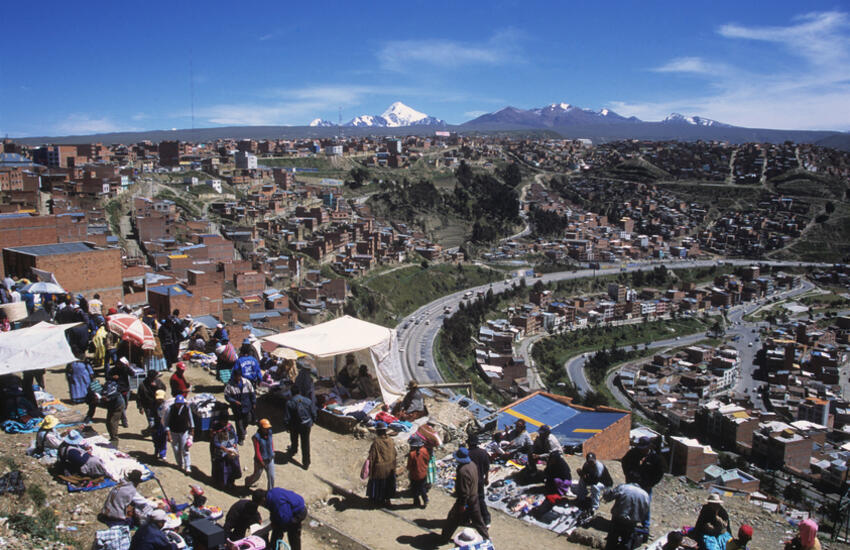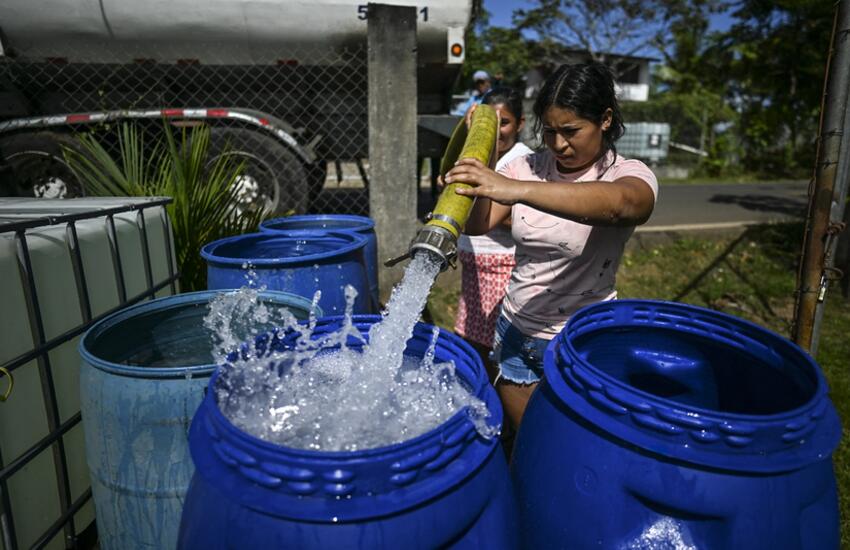In 2020 the Spanish Senate formed a joint permanent parliamentary committee for the 2030 Agenda for Sustainable Development, involving members from both the Congress of Deputies and the Senate. One of the first tasks for the SDG Committee was to provide an in-depth analysis of Spain’s SDG implementation gaps. The assessment involved consultations with several experts, state authorities and other stakeholders, whose conclusions were incorporated in a final report shared with the government. The government is required to periodically inform the SDG Committee on the progress of SDG implementation.
SDG integration into parliament’s core functions
The specialized study requested both the government and Parliament to take all necessary actions to align their respective initiatives with the SDGs. Each law presented by the government must include an impact report regarding the legislation’s compliance with the 2030 Agenda, considering the nationally defined priorities for Spain and their indicators.
The study also urged the government to prepare and present on an annual basis a report on the alignment of the general state budgets with the SDGs. Regular reporting on SDG budget integration is an opportunity for MPs to share detailed feedback on specific funding lines and planned expenditures.
In addition to regular expert consultations, workshops and seminars with relevant stakeholders, the Congress of Deputies participates and engages in many events organized by regional administrations and local entities, civil society, academia, and in trade union networks, and gathers feedback from citizens.
Universal health coverage and quality healthcare
The Royal Decree of 2018 recognized access to the National Health System as a fundamental right of every person in Spain. The law specifically modified previous legal provisions which excluded immigrants in irregular situations from the National Health System. It eliminated the requirement for Social Security contributions, thus ensuring that all migrants in Spain have a right to healthcare under the same conditions as Spanish nationals.
Disaster risk reduction and climate change measures
As a member of the European Union, Spain submitted to the European Commission the draft of the Integrated National Energy and Climate Plan 2021-2030, in line with the Paris Agreement. In addition, the government committed to prepare a comprehensive legal framework on climate change. In 2021, the Law on Climate Change and Energy Transition was submitted to parliament, setting measurable targets to reduce GHG emissions, promoting renewable energies and updating energy efficiency in line with EU regulations.
The law contains changes to specific sectoral regulations to ensure that climate change considerations are adequately mainstreamed across relevant legislation and policies, including the Hydrocarbons Sector Law, the Electricity Sector Law, the Water Law, and the Coastal Law. It further includes several provisions aimed at promoting mobility without emissions and introduces adaptation measures.
The Congress of Deputies issued several important recommendations to the government to strengthen the 2030 Agenda governance structures and reporting frameworks, including: (i) to define the SDG indicator framework as soon as possible; (ii) to reinvigorate representation in the High-Level Group to include different state institutions and stakeholders as well as various levels of government, with strong emphasis on the inclusion of local authorities; (iii) to create the position of a High Commissioner and a new institutional office for the 2030 Agenda; (iv) to set-up a multi-stakeholder Sustainable Development Council; (v) to improve coordination in sectoral conferences with the assistance of active SDG focal points in different ministries; and (vi) to establish an online SDG platform to promote transparency, the participation, dissemination and mobilization of stakeholders and citizens.
Challenges and lessons learnt
A number of challenges and opportunities have been identified to improve SDG integration in the national regulatory frameworks, including:
- A Regulatory Impact Report drafted by the government to accompany each bill and Royal Decree-Law must include in one of its sections the legislation’s impact on the SDGs as is done in other regulatory impact reports. This obligation should be enshrined in the legal provisions governing the government’s regulatory activities and not left to the discretion of the government.
- It is also important that legislative initiatives of other legal subjects (other than the government) be accompanied by an assessment of the regulatory impact on the SDGs or specific thematic areas.
- The periodic reports submitted by the government to the Joint Committee must include a qualitative and quantitative assessment of legislation that impacts the SDGs.











